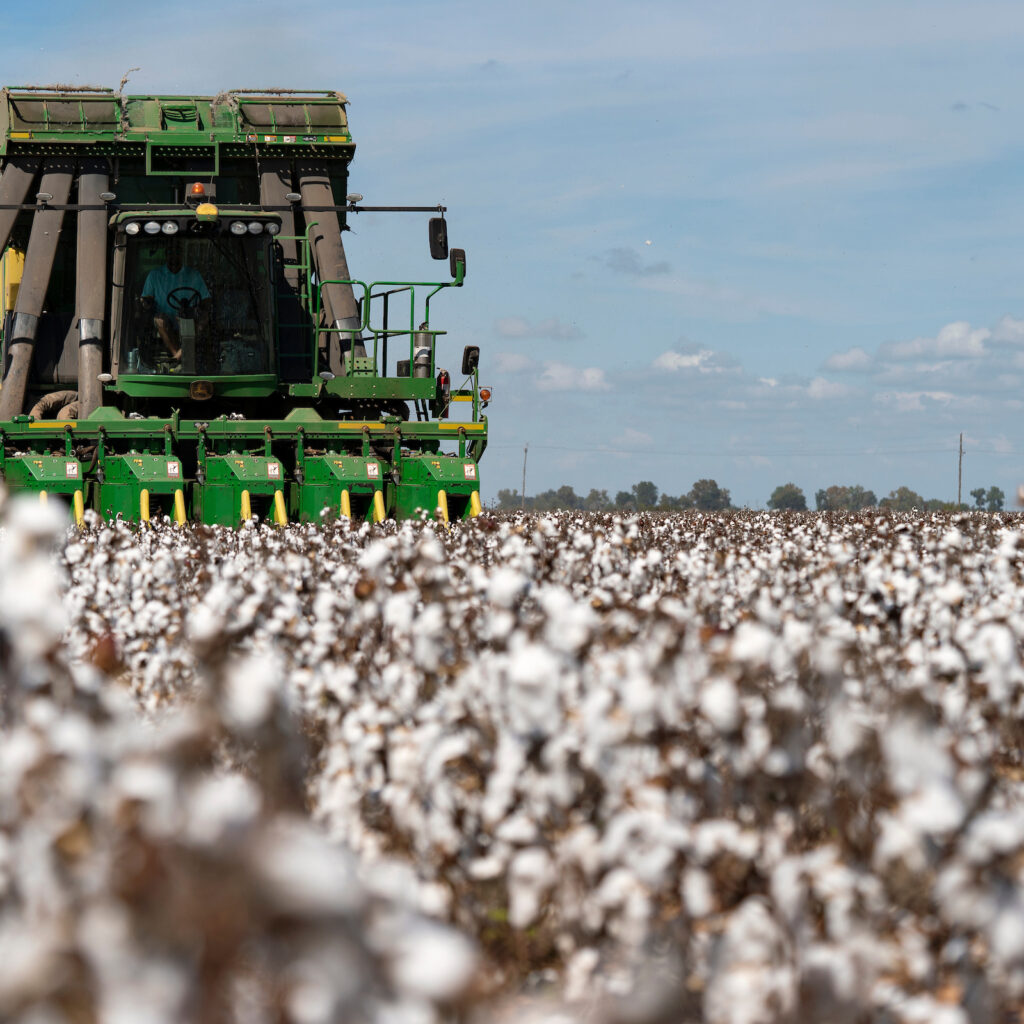Agrilife Extension Resources
Texas A&M AgriLife Extension Service offers a wide variety of programs, brochures, field days and one-pagers to help Texans with agricultural crop production, whether that is a food crop or specialty crop. Experts can be located across the state to advise on plant needs and best management practices.
Related Departments: Soil and Crop Sciences, Horticultural Sciences, Agricultural Economics, Entomology

- Course
Those who participate in this course will learn about herbicides, different modes of action, and different herbicide families. Pesticide applicators looking to receive 1 hour of credit for TDA pesticide general CEU can be earned with this course.
- Course
This 8-hour course is designed to satisfy the Apprentice Training Requirements as specified in Rule 7.132 (i) (2) and will cover common termites in Texas along with other wood-destroying insects.
- Course
Prepare to take the Private Pesticide Applicator Exam administered by the Texas Department of Agriculture with this course designed for pesticide applicators in Texas. Private pesticide applicators use or supervise the use of restricted-use or state-limited-use pesticides or herbicides to produce an agricultural commodity.
- Course
This course is designed for landowners and pesticide applicators who are looking for aquatic vegetation management techniques or CEUs. During this course, you will learn why aquatic vegetation is problematic, how to manage it, prevention methods, and effective forms of control and mode of action.
- Course
This course provides two CEUs to TDA agricultural applicators. Aerial applicators will receive the required credits for drift minimization and safety addressing human factors. All TDA applicators who complete the course will gain knowledge of spray drift minimization as well as pesticide safety.
- Course
This Picolinic Acid Chemistry Training covers the application requirements for the use of Invora™ herbicide for brush and weed management on rangeland sites in Arizona, New Mexico, Oklahoma, and Texas.
- Course
This course is for Texas Department of Agriculture Pesticide Applicators seeking TDA continuing education units (CEUs). This course provides 1- Drift Minimization CEU. Applicators who complete the course will gain knowledge of the factors affecting pesticide drift, such as inversion, spray nozzles, and drift factors.
- Course
Diseases in horses can spread rapidly, posing significant risks to herd health. This 1.5-hour self-paced course is designed to help horse owners and professionals identify, prevent, and manage common equine diseases. Covering both viral and bacterial infections, the course emphasizes the importance of routine vaccinations and effective biosecurity practices. By understanding how to spot and control these diseases, participants can reduce risks and ensure the well-being of their horses. Enroll today to protect your equine partners and enhance your knowledge.
- Course
Learn how green infrastructure can help manage stormwater, reduce flood damage, and increase property value. This course explores practical, nature-based ways to improve stormwater systems in cities, rural, and coastal areas. Enroll now and build resilient, ecofriendly communities!
- Course
This 8 hour course is designed to satisfy the Apprentice Training Requirements as specified in Rule 7.132 (i) (2) and will cover common structural invertebrate and vertebrate pests of the United States, particularly in the state of Texas.